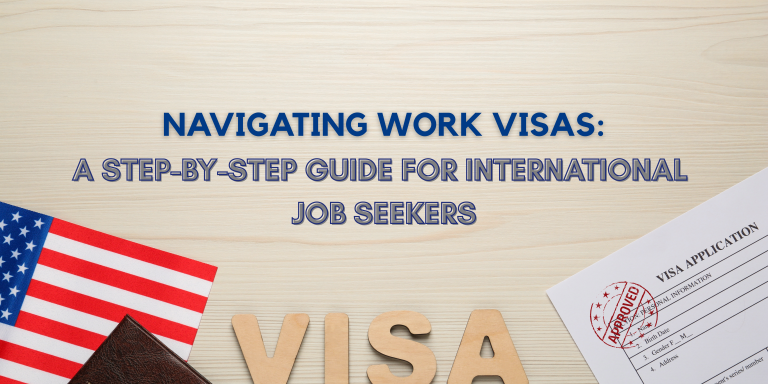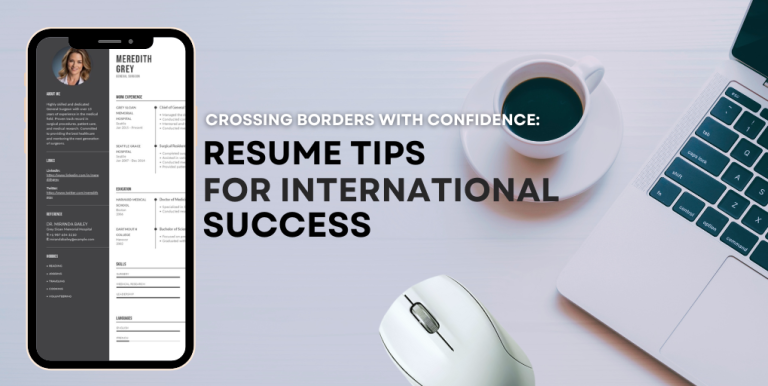If you’re looking for job opportunities abroad, submitting a standard resume might not be enough. Different countries have unique expectations regarding formatting, content, and required details. Adapting your resume to meet these preferences can give you a competitive edge in the international job market.
With a presence in over 33 countries, EastWest Jobs connects top talent with employers worldwide, including in the United States, United Kingdom, Germany, Japan, China, and Nordic nations like Sweden, Norway, Denmark, and Finland. Each region has distinct resume norms, so understanding and aligning with these standards—whether in structure, content, or
cultural expectations—can significantly improve your chances of securing a role abroad.
Key Resume Adaptations by Country
- U.S. & Canada – One-page, achievement-focused, no personal details.
- U.K. & Australia – Two-page resumes emphasizing skills and experience.
- Germany (Lebenslauf) – Structured, factual CV with a professional photo.
- Japan (Rirekisho) – Standardized format, often handwritten.
- Nordic Countries – Concise, well-structured, typically without photos.
Global Resume Best Practices
- Formatting Matters – Use reverse chronological order, clear headings, and bullet points.
- Highlight Key Skills – Emphasize adaptability, teamwork, and industry-specific keywords.
- Use the Right Language – Adapt spelling (e.g., “organization” vs. “organisation”) and standardize job titles.
- Photo Requirements Vary – Required in Germany and China; discouraged in the U.S. and U.K.
- Provide Accessible Contact Info – Use an international phone format and LinkedIn.
Cultural Differences in Resume Content
- Personal Details – Expected in India and UAE but discouraged in the U.S. and Canada.
- References – Some countries prefer listed references, while others accept “References available upon request.”
- Career Objectives – Common in some regions but omitted in others.
Conclusion / Final Thoughts
Adapting your resume for an international job application is a crucial step toward standing out in a competitive job market. By researching country-specific norms, adjusting formatting, and tailoring content to cultural expectations, you can improve your chances of securing opportunities abroad. Before submitting your application, consider seeking feedback from a local recruiter or professional in your target country to ensure your resume aligns with industry standards.
Looking to explore international career opportunities? Visit EastWest Jobs for expert guidance and global job openings!





